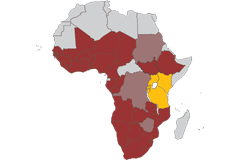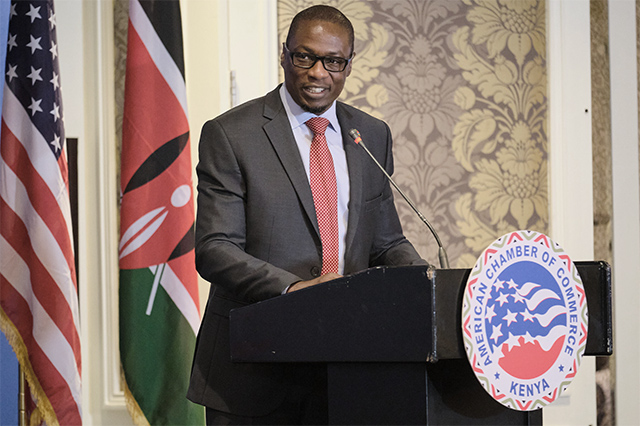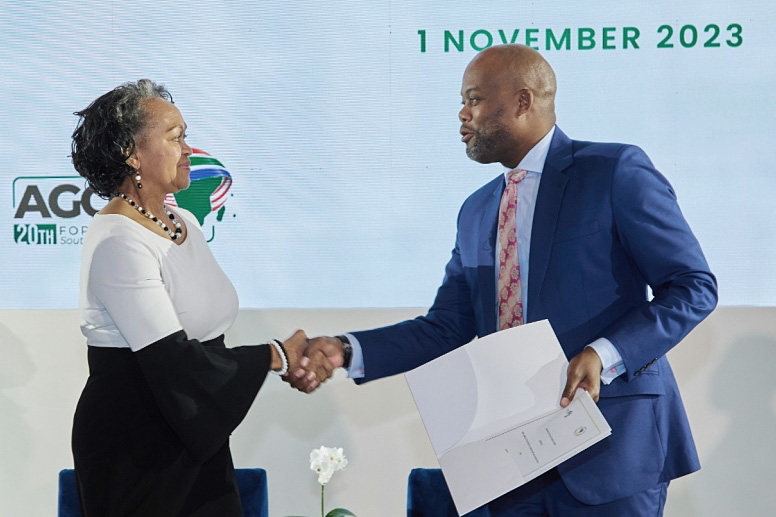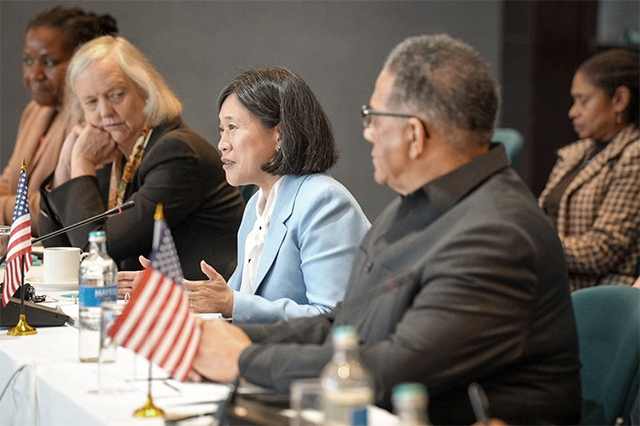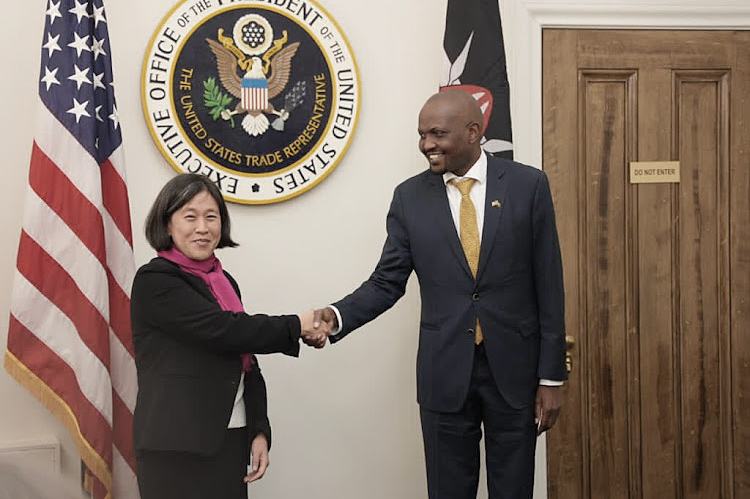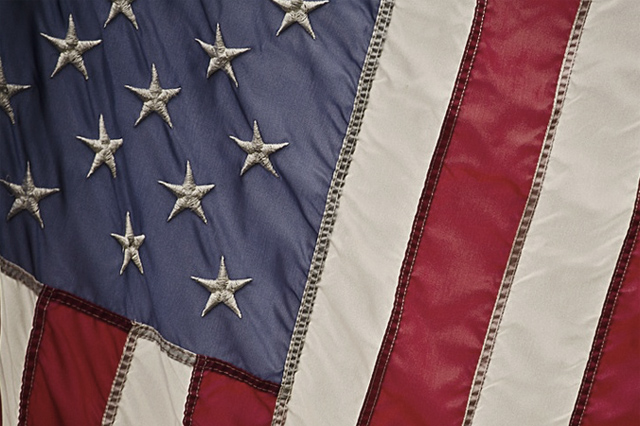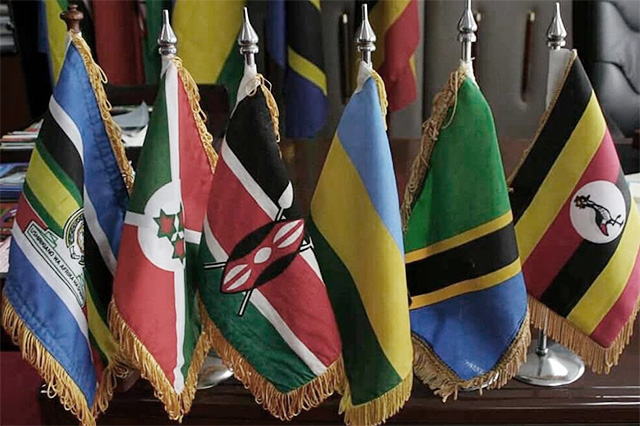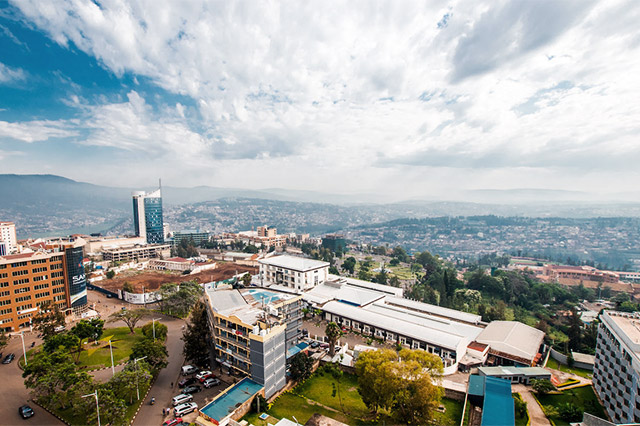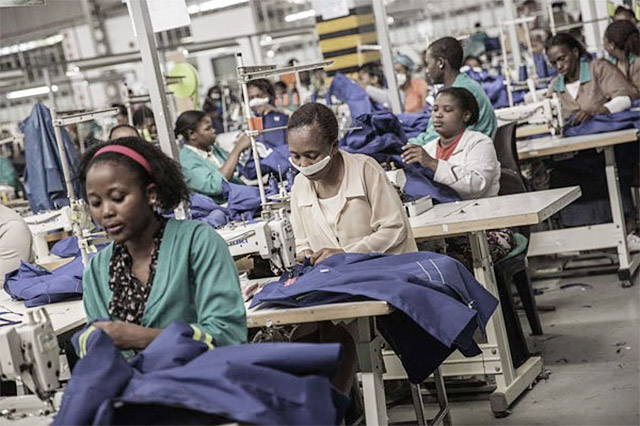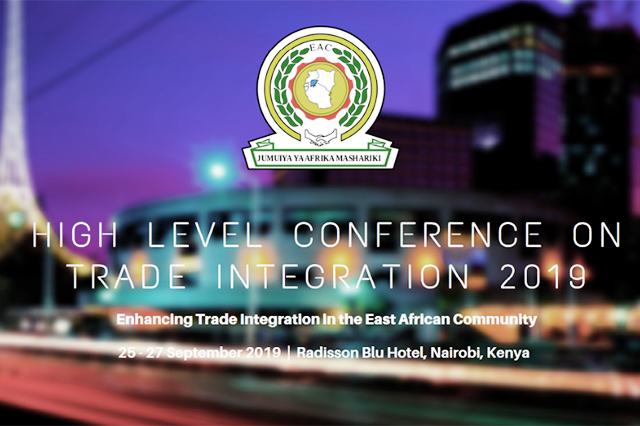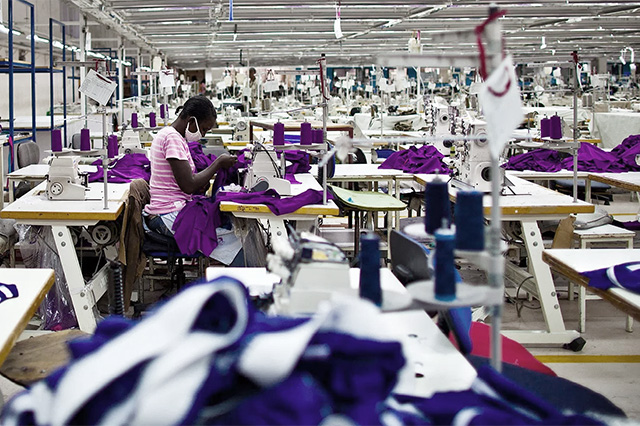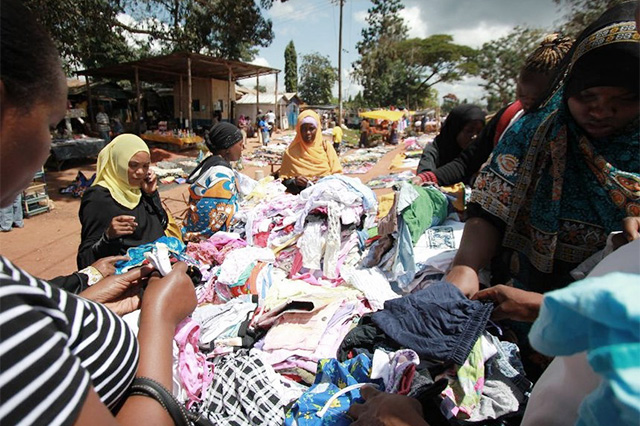East Africa: 'New trade deal between EAC and US good, but who cares?'
The USA is proposing a new trade arrangement with East Africa even as the African Growth and Opportunity Act (AGOA), enacted in 2000, remains in force.
Commerce is arguably the most ancient and effective tool in the fight against poverty and development of infrastructure. It is early trade links between Africa and the outside world that explains the development of cities such as Mombasa and Dar ess Salaam and the subsequent opening up of the interior through roads and railway. That is why a proposal by US President Barrack Obama's administration for a separate trade deal with East Africa (Burundi, Kenya, Rwanda, Tanzania and Uganda) sounds very good. However, that is just how far it can go.
When former US President Bill Clinton signed AGOA into law in 2000, it opened up the American market to about 40 beneficiary countries in sub-Saharan Africa to export thousands of different types of goods to the world's largest economy, quota and duty free.
This arrangement was later expanded to include more goods and extended up to 2015. It was and still remains the best opportunity ever for poor countries to access a lucrative market such as the United States without restrictions.
However, 12 years since the Americans extended this generous offer, US imports from Africa under AGOA are being dominated by oil--the most sought after commodity in the world that the Americans keep buying to build their own reserves.
That is why eligible AGOA countries that are oil producers such as Angola, Gabon, Nigeria have pocketed virtually all the dollars that Americans have had to pay for imports under this trade arrangement. What this means is that AGOA beneficiary countries, that include all EAC-member countries, have largely failed to build capacity to tap into this very lucrative market.
With the exception of Lesotho that has done well in exporting apparel, Kenya with its cut flowers, and Mauritius that is excelling in the export of prepared seafood, non-oil export opportunities to the US remain largely unexploited.
The failure to expand opportunities for agricultural products such as apparel, beef, milk, chicken, tropical fruits (bananas, mangoes pineapples, oranges etc) means rural people who are the poorest of the poor, cannot access the opportunities presented by AGOA. And because they are the majority, it is very safe to conclude that AGOA has not achieved its intended objective of turning poor Africans from aid recipients to trade partners with the west.
Take for example cotton, one of the easiest and environmentally friendly crops to grow that most countries in Africa such as Uganda were in the past known for. By the time Americans opened their market to cotton products from Africa under AGOA, Uganda cotton farmers had virtually given up on the crop whose price was dictated by processors in East Asia.
Remember that Uganda had a vibrant cotton industry with ginning, spinning and weaving facilities that made finished products until the 1980s when the industry that employed millions of people collapsed.
Many Ugandans thought that the coming of AGOA would provide incentive for the government to rehabilitate this decaying cotton infrastructure that would encourage farmers to grow more cotton to provide a raw material to make apparel for export to the US.
Instead, the government invested in a company that imported semi-finished products from the far-east to stitch into garments in Kampala for export to the US as "Made in Uganda." Yet the semi-finished imports from Asia are from the very grown in Uganda and exported raw.
When the grace period for which America would allow Uganda to use cotton products from Asia expired, Apparel Tristar, the phony company on which the country stake in AGOA hinged on, closed shop. That was the end of the story and Uganda cotton farmers continue to export jobs meant for their children to Europe and the Middle East in form of unprocessed cotton.
Unless EAC comes up with a detailed program on how to enable local people to produce for the market, even the new trade deal the Obama is proposing will fall flat just like AGOA that his fellow democrat, Bill Clinton, championed.
While I would not like to indulge in speculate, the five-nation EAC with 130 million consumers, confirmed commercial oil and gas deposits is certainly a good partner to trade with for foresighted country that US is.


